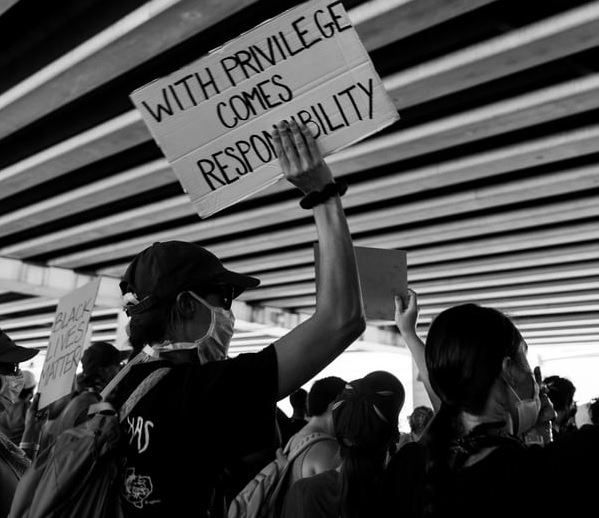
Over the weekend I listened to this episode of The Ethical Rainmaker, where my friend (and fellow co-chair of Community-Centric Fundraising) Michelle Muri talks with journalist Teddy Schleifer about billionaires and what they’re doing with all that money. Apparently, during the pandemic, the number of billionaires increased by 30%, and 86% of them got even more wealthy than before the pandemic. According to Teddy, Silicon Valley billionaires will in the next couple of decades overshadow large established foundations in terms of assets and influence.
However, there is significant angst about what to do philanthropically with this newfound wealth. There are so many factors to consider: which issues to choose, how to deploy it effectively to bring about the most societal good, how to avoid current ineffective practices. This causes many billionaires to just set money aside in Donor-Advised Funds and other vehicles while they try to figure things out. Some of them literally send tweets asking for suggestions on what to do, what issues they should work on. And because so many of these billionaires are men, they often ask their wives or partner to handle the philanthropy.
Continue reading →




